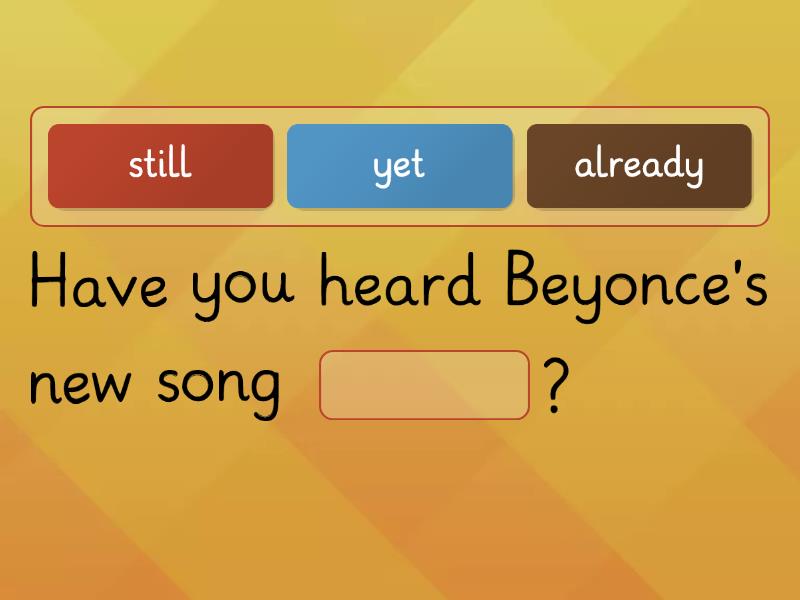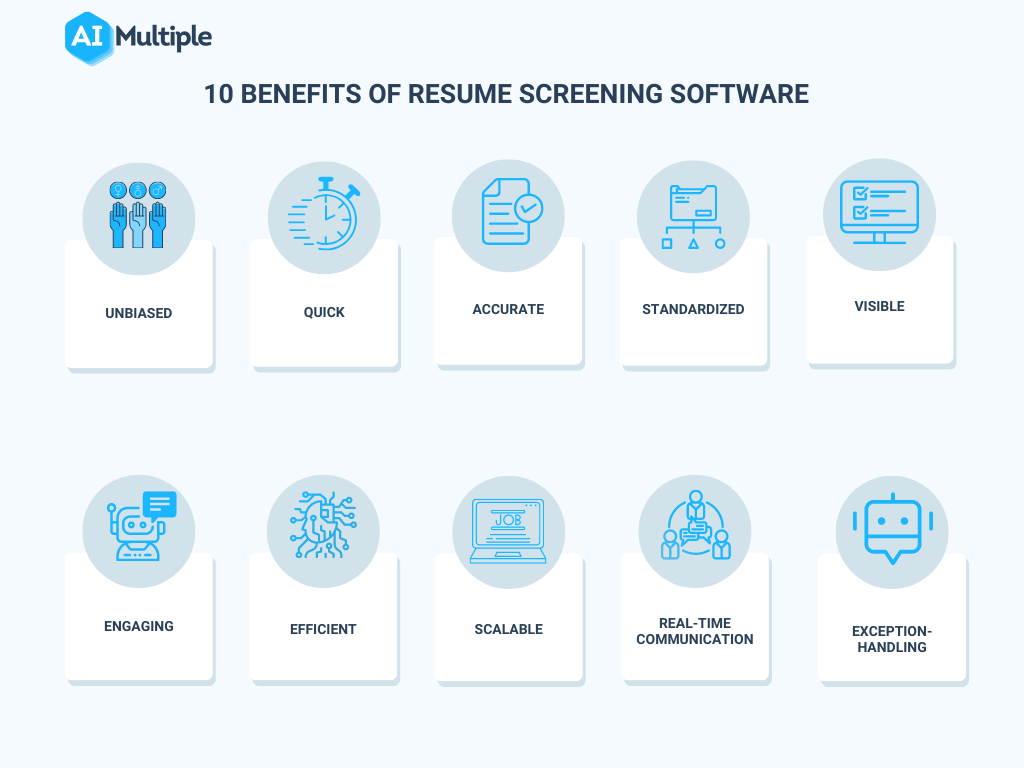AI in Music Production: From Virtual Composers to Real-Time Mixing Tools – AI in Music Production From Virtual Composers to Real-Time Mixing Tools is revolutionizing the way music is created and produced. Imagine a world where artificial intelligence not only assists musicians but also crafts entire compositions and mixes tracks in real-time. This innovative technology is changing the landscape of the music industry, allowing for unprecedented creativity and efficiency. From generating melodies to mastering sound, AI is becoming an integral partner in the music production process.
As we delve deeper into this topic, we’ll explore how AI tools enable musicians to enhance their artistic vision, streamline workflows, and push the boundaries of what is possible in music creation. The fusion of technology and artistry is setting the stage for a new era in music production, marked by collaboration between human creativity and machine intelligence.
Artificial Intelligence (AI) has become a buzzword in recent years, and it’s hard to ignore its presence in our everyday lives. From the way we interact with our smartphones to the recommendations we receive while shopping online, AI is woven into the very fabric of modern technology. But what exactly is AI? How does it work, and how is it shaping our future? Let’s dive into this fascinating topic!
What is Artificial Intelligence?
At its core, AI refers to the ability of a machine to mimic human cognitive functions. This includes learning, reasoning, problem-solving, perception, and language understanding. The term was first coined in 1956 during a conference at Dartmouth College, where experts in the field gathered to explore the potential of machines to simulate human intelligence.
The Different Types of AI
AI can be classified into three main types:
- Narrow AI: Also known as weak AI, this type is designed to perform a specific task. Examples include voice assistants like Siri and Alexa, recommendation systems on Netflix, and chatbots used in customer service.
- General AI: This is a more advanced form of AI that has the ability to understand, learn, and apply intelligence across a variety of tasks, much like a human. General AI is still largely theoretical and hasn’t been achieved yet.
- Superintelligent AI: This refers to a future scenario where AI surpasses human intelligence in all aspects. While it’s a captivating concept often explored in science fiction, we are far from realizing this potential.
How Does AI Work?
AI systems are built upon a foundation of algorithms, which are sets of rules or instructions that a computer follows to perform tasks. The most common methods used in AI development include:
- Machine Learning: This is a subset of AI that enables machines to learn from data. By analyzing large datasets, machines can identify patterns and make predictions without human intervention. For instance, a machine learning model can be trained to recognize images of cats and dogs by feeding it thousands of labeled images.
- Deep Learning: A more advanced form of machine learning, deep learning uses neural networks to simulate the way the human brain processes information. This technology is behind many of the recent advancements in AI, including image and speech recognition.
- Natural Language Processing (NLP): NLP allows machines to understand and respond to human language in a way that is both meaningful and contextually relevant. This is what powers chatbots and virtual assistants, enabling them to hold conversations with users.
The Impact of AI on Various Industries
AI is transforming a multitude of industries, and its applications are virtually limitless. Here are a few industries significantly impacted by AI:
- Healthcare: AI is revolutionizing healthcare with predictive analytics, personalized medicine, and enhanced imaging techniques. Machine learning algorithms can analyze medical data to predict patient outcomes, helping doctors make more informed decisions.
- Finance: In the finance sector, AI is used for fraud detection, algorithmic trading, and customer service. AI systems can analyze transactions in real-time to identify suspicious activities, reducing the risk of fraud.
- Transportation: Self-driving cars are perhaps the most talked-about application of AI in transportation. Companies like Tesla and Waymo are pioneering efforts to create vehicles that can navigate and drive without human intervention.
- Retail: Retailers leverage AI for inventory management, customer analytics, and personalized shopping experiences. AI systems can analyze consumer behavior to predict trends and optimize stock levels accordingly.
The Ethical Considerations of AI
As with any powerful technology, the rise of AI brings forth important ethical considerations. Data privacy, job displacement, and algorithmic bias are significant concerns that need to be addressed. For instance, AI systems can perpetuate existing biases if they are trained on flawed data. It’s crucial for developers and researchers to work towards creating transparent and fair AI systems that benefit society as a whole.
The Future of AI
The future of AI is both exciting and uncertain. As technology continues to advance at breakneck speed, we can expect to see even more sophisticated applications of AI in our daily lives. From smart cities to enhanced virtual realities, the possibilities are endless. However, it’s essential to ensure that this technology is developed responsibly, keeping ethical considerations at the forefront.
Conclusion
In conclusion, AI stands at the intersection of technology and human ingenuity. While it offers incredible potential to enhance our lives and revolutionize industries, it also presents challenges that we must navigate carefully. As we move forward, it’s imperative to embrace AI with a mindset of curiosity and caution, ensuring that we harness its power for the greater good.
FAQ Insights: AI In Music Production: From Virtual Composers To Real-Time Mixing Tools
What are virtual composers?

Virtual composers are AI systems that can create music by analyzing patterns, styles, and genres to produce original compositions.
How does real-time mixing with AI work?

AI-powered real-time mixing tools analyze audio tracks and automatically adjust levels, effects, and balances for optimal sound quality during the mixing process.
Can AI replace human musicians?
No, AI enhances the creative process but does not replace human musicians, as it lacks emotional depth and personal experience that shape true artistry.
What are the benefits of using AI in music production?
Benefits include increased efficiency, creative support, quick prototyping of ideas, and the ability to experiment with new sounds and styles effortlessly.
Are there any downsides to using AI in music production?
Some downsides include the risk of homogenization in music styles, reliance on technology, and potential loss of traditional skills among musicians.



